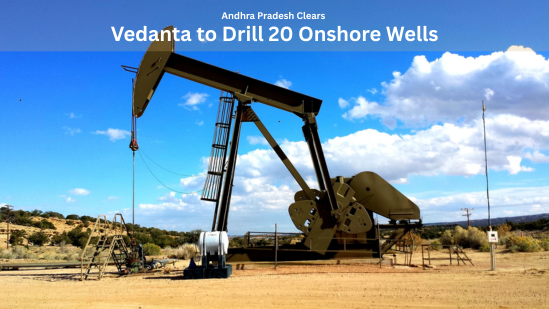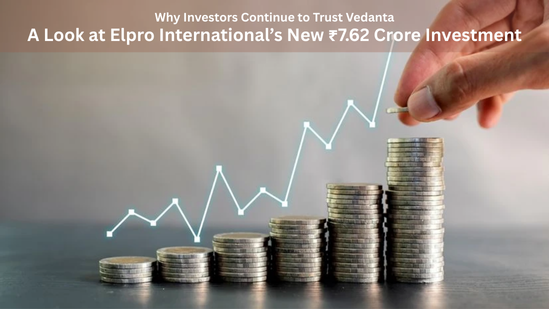The Adani coal mine project is bridging the gap between the demand and supply of the coal
In India, coal is the most significant and plentiful fossil fuel. It supplies 55% of the nation’s energy requirements. The foundation of the nation’s industrial history was its coal. It is the most prevalent fossil fuel in the United States and the world’s greatest energy source for producing power. Coal is a nonrenewable resource since it takes millions of years to develop, and there is a finite supply.
In the previous four decades, India’s commercial primary energy consumption has increased by nearly 700%. Through a combination of imports and ethical mining, the Adani coal mine project seeks to narrow the gap between the supply and demand of coal. Most of the domestic coal that is produced and supplied is utilized in power plants
Measures taken by the Adani coal mine project to bridge the gap between the demand and supply of the coal
The following are a few measures taken by the Adani coal mine project to bridge the gap between the demand and supply of the coal:
- Combination of imports and responsible mining
The largest coal dealer in India, Adani, proposed to provide 500,000 tonnes of coal from South Africa for 40,000 rupees ($526.50) per tonne and another 750,000 tonnes for 17,480 rupees ($230.08). Abbot Point Terminal, owned and run by the Adani’s Australian coal mine, has been responsibly exporting Queensland coal for more than 35 years. It is present 25 kilometers northwest of Bowen in North Queensland.
- Developed a strong supplier base in coal rich geographies
Along with using environmentally friendly methods to help increase domestic coal output, the Adani Group has also built up a solid supplier network in countries with abundant coal resources like South Africa, Australia, the United States, and Russia. It runs a coal mine in the Indonesian region of North Kalimantan, where it produced 3.9 million tonnes of coal in 2016-17.
The Group has invested the most money an Indian firm has ever earned in Australia at the contentious Carmichael coal project in Queensland’s Galilee Basin. Adani Australia, the contentious Australian mining division of Adani Enterprises, changed its name to Bravus Mining and Resources in 2020.
Adani begins integrated coal MOD operations in India
Developments that took place:
- Announces the initiation of integrated MDO operations with coal output.
- Coal production begins at the Parsa East-Kente Basan mine in Chhattisgarh.
- The coal mine contains more than 450 million tonnes of reserves.
- To generate 15 mt/yr from this specific black in the Chhattisgarh coal block beginning in 2017.
- The Rajasthan State Electricity Board operating power facilities will receive coal.
- Rajasthan may have a power surplus after receiving coal from the Chhattisgarh block.
- Adani has access to nearly 3 billion tonnes of coal reserves through four MDO contracts, including this project.
The Adani coal mine project operates in Indonesia and Australia as well
The Carmichael mining and rail project is Adani Mining’s flagship project. The Carmichael Project, located more than 300 kilometres west of the Queensland coast, is well positioned to capitalize on the potential presented by the Galilee Basin. The Carmichael Project is a thermal coal mine and train project that would carry coal from the Galilee Basin to Asian countries such as India, creating thousands of jobs.
Communities such as Townsville, Rockhampton, Mackay, Bowen, Gladstone, Central Highlands, and the Isaac regions will be ideally positioned to receive new jobs and contract opportunities. They deliver 10 million tonne per annum mine combined with a 200km narrow gauge rail line connecting with existing rail infrastructure through to the Port of Abbot Point.
Adani, India’s largest coal dealer, has proposed to supply 500,000 tonnes of South African coal at a price of 40,000 rupees ($526.50) per tonne and another 750,000 tonnes at a cost of 17,480 rupees ($230.08). Their ambition of establishing national energy security is progressively altering life in every part of the country.
For example, the Parsa East & Kanta Basan project employed about 400 indigenous people. Schools established by the project provides high-quality education to indigenous youngsters. Medical help and health treatment at no cost are provided. Women who receive vocational training become self-sufficient and financially independent. In addition, the firm has constructed a football academy in Ambikapur to foster and develop the dreams of tribal youngsters.












